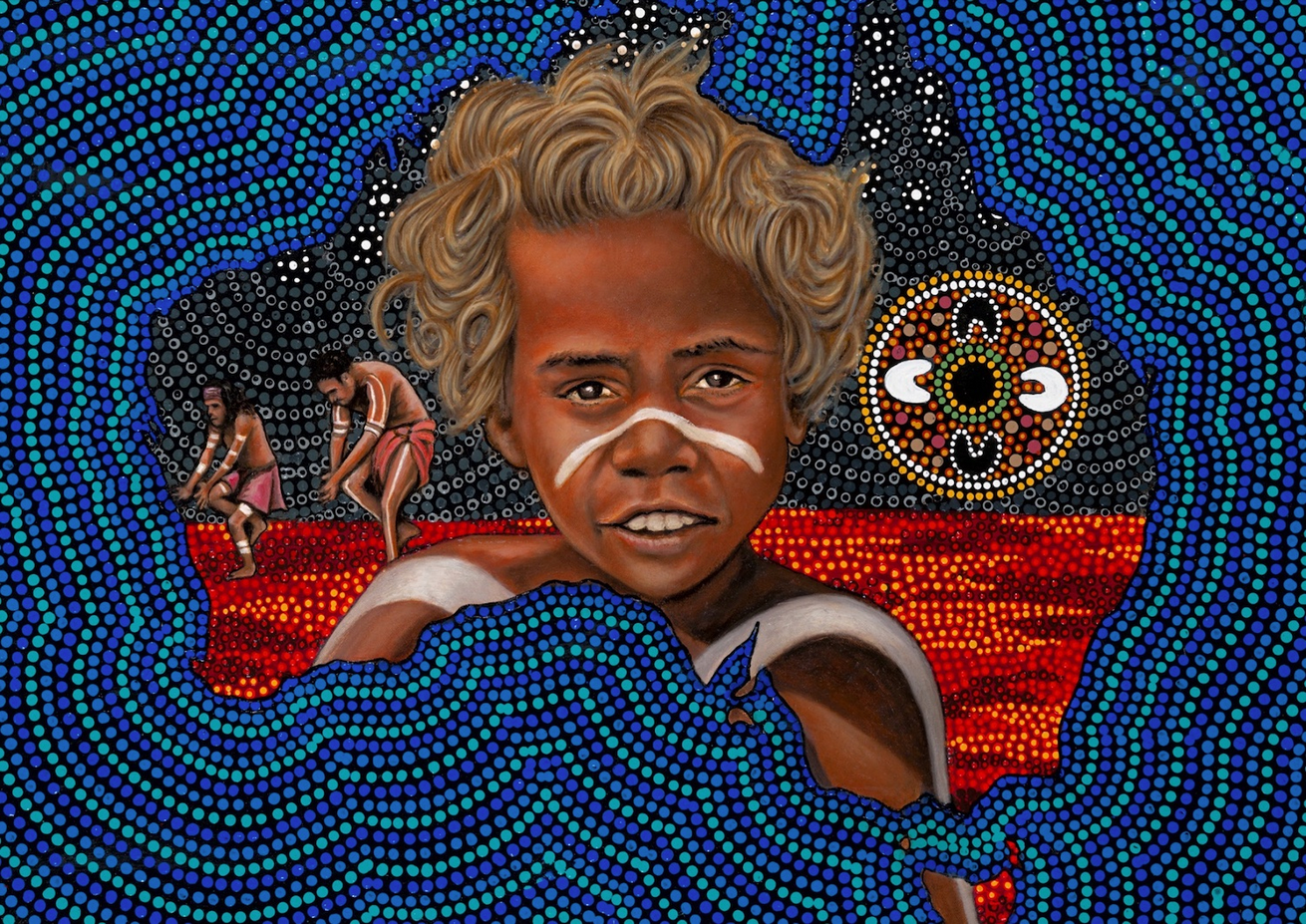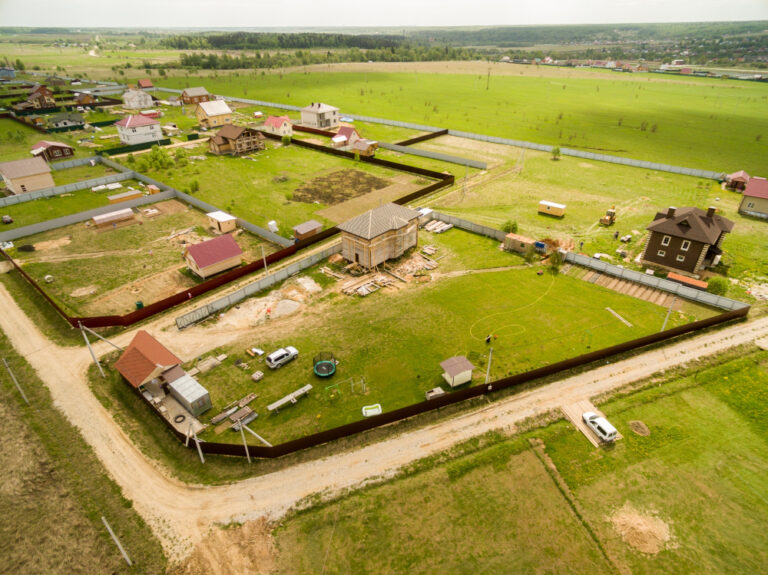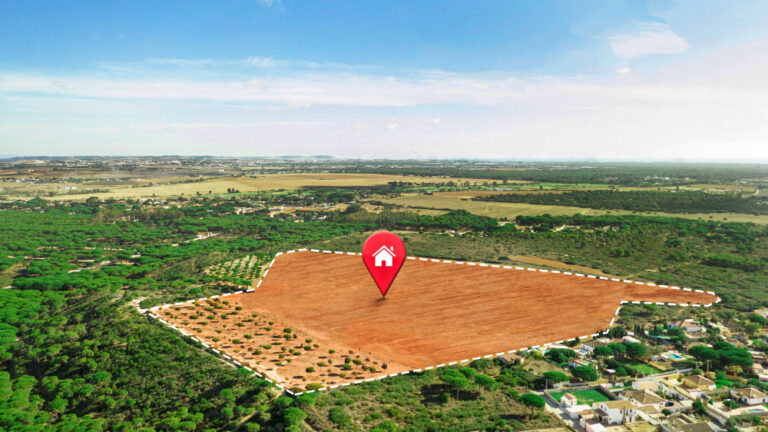
The journey towards reconciliation between Indigenous and non-Indigenous Australians is a complex and ongoing process, marked by significant milestones, persistent challenges, and a growing national consciousness. Understanding the historical context, current initiatives, and future aspirations is crucial to comprehending this evolving landscape.
The history of Indigenous-non-Indigenous relations in Australia is one marked by dispossession, violence, and systemic discrimination following European colonization. The impact of these historical injustices continues to be felt by Indigenous communities today, manifesting in disparities across various socio-economic indicators, including health, education, and employment.
In recent decades, there has been a growing movement towards reconciliation, driven by Indigenous advocacy, community initiatives, and increasing awareness among the broader Australian population. Key milestones in this journey include the formal apology to the Stolen Generations in 2008 and ongoing efforts to address the recommendations of the Royal Commission into Aboriginal Deaths in Custody.
A central aspect of contemporary reconciliation efforts is the concept of self-determination for Indigenous communities. This involves empowering Indigenous people to have greater control over their own affairs, including land management, cultural preservation, and the delivery of essential services. Native Title legislation, which recognizes the traditional rights and interests of Indigenous people in land and waters, has been a significant step in this direction, although its implementation continues to face complexities.
Cultural recognition is another vital pillar of reconciliation. Efforts to promote understanding and appreciation of Indigenous cultures, languages, and histories are increasingly integrated into education systems and public life. The recognition of Indigenous cultural heritage is also becoming a more prominent consideration in development and environmental management.
However, significant challenges remain. Closing the gap in socio-economic outcomes between Indigenous and non-Indigenous Australians has proven to be a persistent issue, requiring sustained and culturally appropriate interventions. Issues such as over-representation of Indigenous people in the criminal justice system and disparities in health outcomes demand urgent attention and systemic reform.
The Uluru Statement from the Heart, a landmark document issued by Indigenous leaders in 2017, has proposed constitutional reforms to establish a First Nations Voice to Parliament and a Makarrata Commission to oversee treaty-making and truth-telling processes. These proposals have sparked national debate and represent a significant opportunity to advance reconciliation through structural and systemic change.
The path towards reconciliation in Australia requires ongoing dialogue, mutual respect, and a commitment to addressing historical injustices and current inequalities. It involves acknowledging the past, celebrating Indigenous cultures, and working collaboratively to build a future where all Australians can thrive. The evolving landscape of reconciliation reflects a nation grappling with its history and striving towards a more just and equitable future for its First Peoples.



